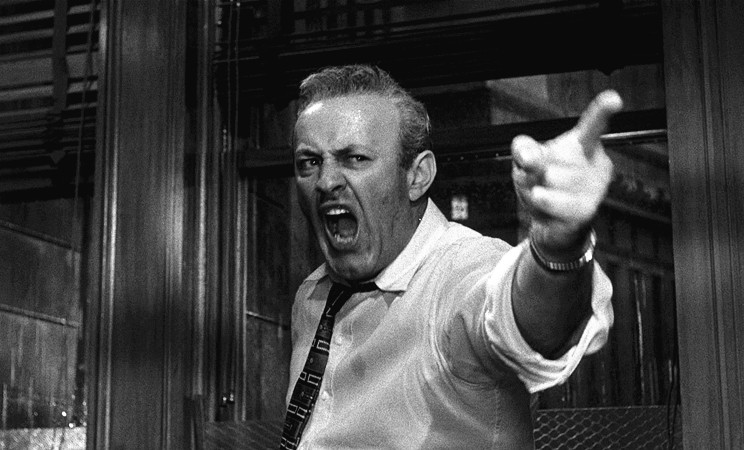
Making a great film as a career start is something that could suddenly launch a director to stardom and maybe guarantee the funding of his second film (or even the third and fourth). In film history, many acclaimed directors started their careers with movies that could easily be considered masterpieces and, among them, plenty could never make a better one than their first.
With that in mind, here is a selection of 10 directors who started their careers with a masterpiece. Knowing that 10 names do not come close to representing the many filmmakers that started with a great film, at the end of this article is a selection of many honorable mentions and, if you think a name is missing, please leave it in the comments section.
So, here are 10 directors that started their careers with a masterpiece.
10. Steve McQueen: Hunger (2008)
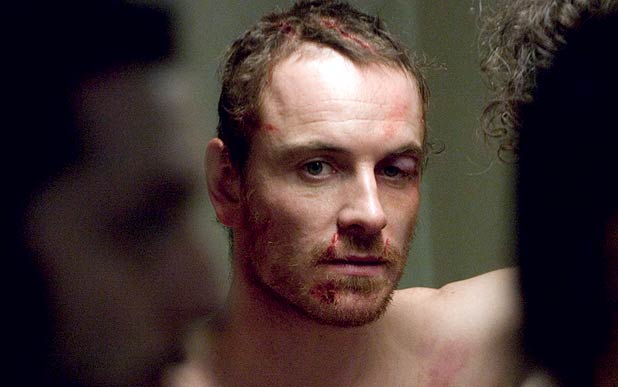
Starting his career with the feature film “Hunger” in 2008, the movie that won the Camera d’Or at the Cannes Film Festival in that year, Steve McQueen went on to direct the critically acclaimed “Shame” in 2011, and in 2013, the Oscar-winning film “12 Years a Slave”.
In his debut film, McQueen tells the story of the IRA Hunger Strike that happened in Northern Ireland in 1981. With the greatest performance in Michael Fassbender’s career as the Republican Bobby Sands, “Hunger” is a visually brutal film that explores violence in the plurality of its nuances.
There is a 16-minute single shot in a conversation between Sands and Father Dominic Moran (Liam Cunningham) that is one of the most stunning dialogue scenes of this century. With many long shots that shows the claustrophobic environment of the prison, and the shock on the body and mind that the hunger strike inflicts on Sands, “Hunger” is definitely a masterpiece.
9. Alejandro González Iñárritu: Amores Perros (2000)
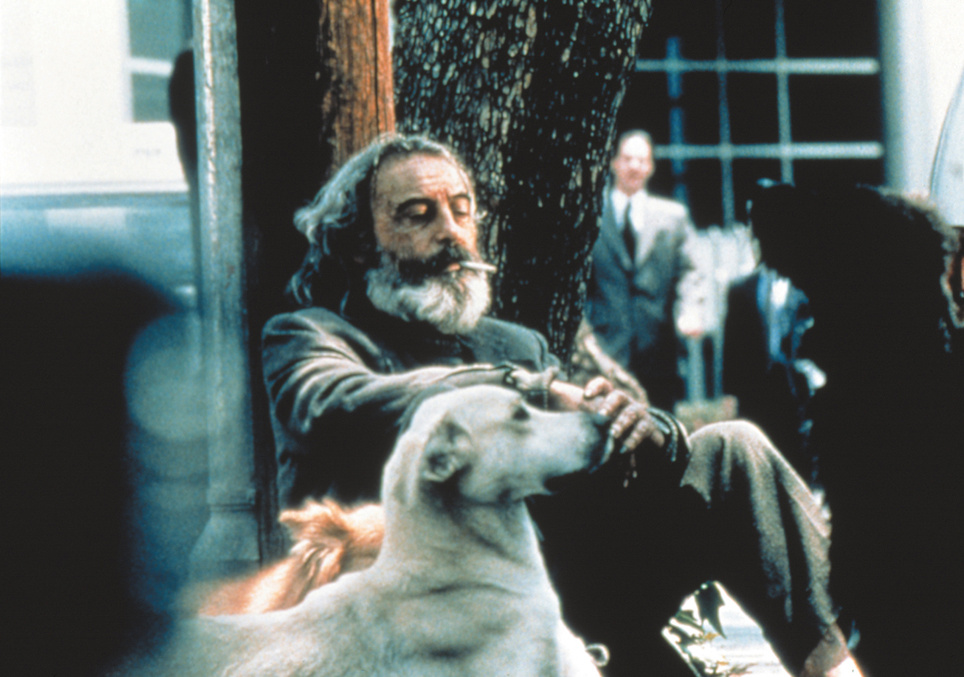
Marking the beginning of the career a four-time Oscar winner and one-time winner of the Best Director Award at the Cannes Film Festival, “Amores Perros” is still the best work from Alejandro González Iñárritu.
Following three stories that connect with each other in Mexico City after a car accident, we see an adolescent who is in love with his sister-in-law and starts attending the violent and somber world of dog fighting; a supermodel whose dog has disappeared; and Chivo, a man who abandoned his daughter and takes care of a wounded Rottweiler. In a spiral of violence in Mexico City, these characters’ violent paths end up crossing while the audience witnesses the dreadful aisle they’re marching through.
One of the best movies made in Mexico – if not the best – in this century, and still the greatest film in the career of a filmmaker responsible for “21 Grams” (2003), “Babel” (2006) and “Birdman (or the Unexpected Virtue of Ignorance)” (2014), “Amores Perros” is a mandatory jewel of world cinema that should definitely be watched by any cinephile.
8. Terrence Malick: Badlands (1973)
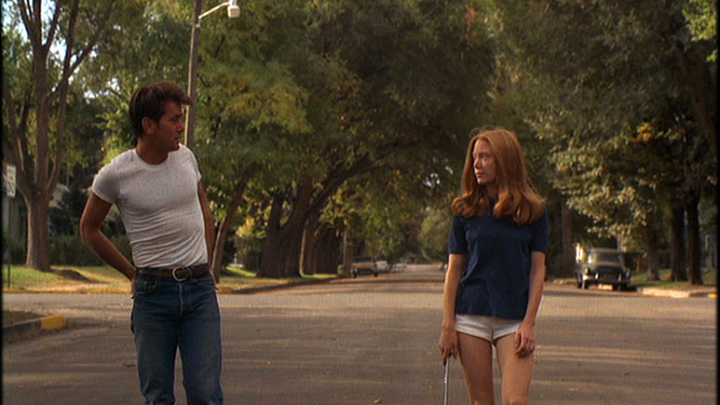
Terrence Malick might not be making the greatest films since his 2011 Palme d’Or-winning “The Tree of Life”, but back in the day, his first three movies were undeniably masterpieces. “Badlands” (1973), “Days of Heaven” (1978) and “The Thin Red Line” (1998) are always considered among the 20th century’s greatest films.
His debut in 1973 tells the story of Holly, a 15-year-old girl who, in the late 50s in South Dakota, meets Kit, a troubled man in his mid-20s. When she is forbidden to see Kit, he ends up invading her house and killing her father. Then, the two lovers end up on the run from the authorities living in the woods.
An homage to modern cinema with these lost characters whose past, present and future seem to be blurry, “Badlands” is a great film about a lost generation, from the early teen years and the loss of their innocence to the beginning of adulthood where every dream seems to be already shattered.
7. David Lynch: Eraserhead (1977)
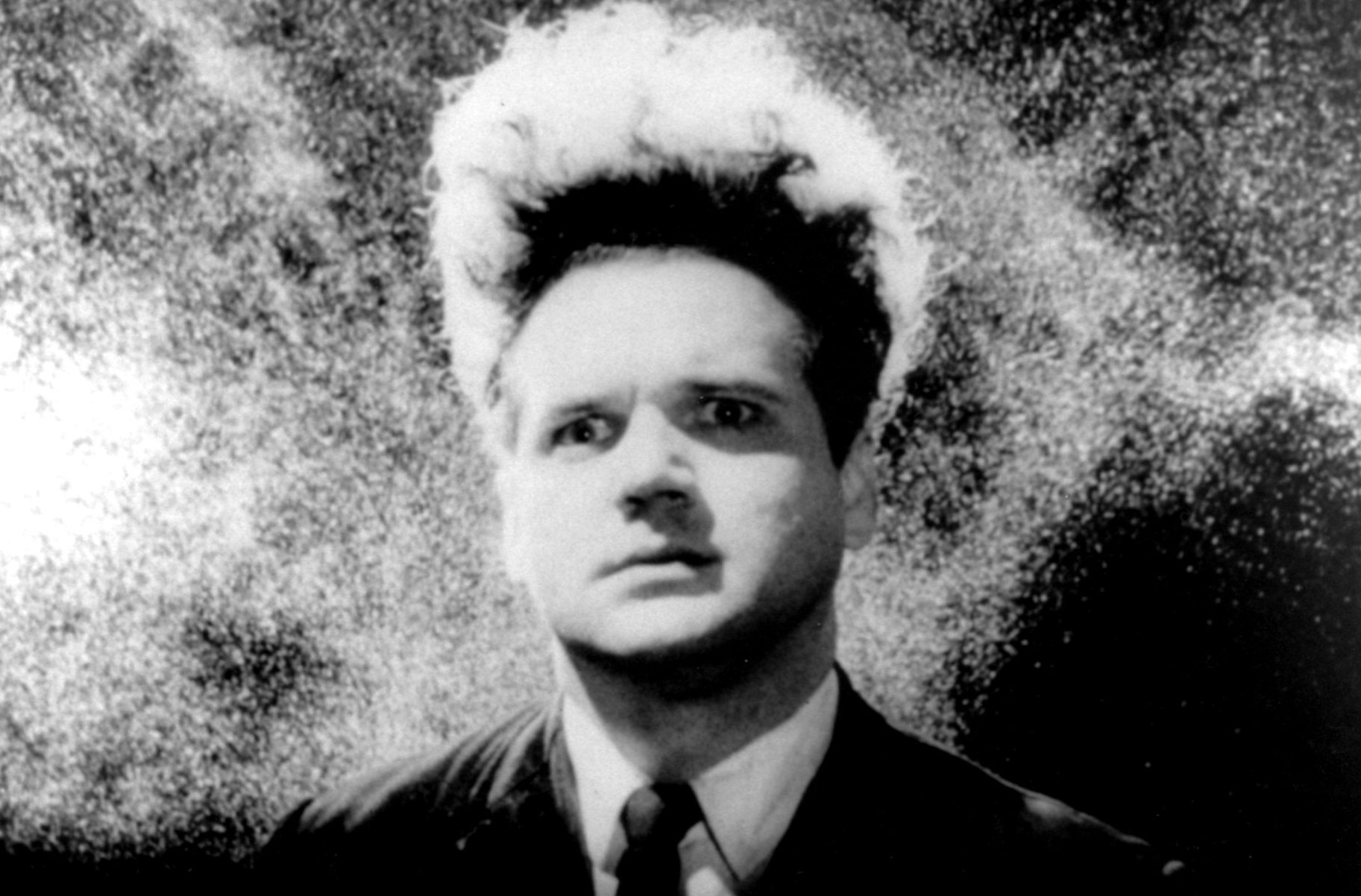
The movie that pointed out many of the aspects of one of the most acclaimed American director’s career is about Henry Spencer, a very sad man who has a mutant child and moves in with his sad girlfriend while the screams of his baby seem to drive everyone crazy.
With many dream sequences that would play a great part in the style of Lynch’s next films, from “Blue Velvet” (1984) to “Mulholland Drive” (2001) to the recent season of “Twin Peaks”, “Eraserhead” is a visually and aesthetically challenging film that disturbs the audience as much as it disturbs its characters.
Marking the start of one of the most creative filmmakers working today, “Eraserhead” defined the style of an artist that would have many followers and that would influence many artists, being filmmakers, musicians, visual artists or poets in the following years.
6. Charles Laughton: The Night of the Hunter (1955)
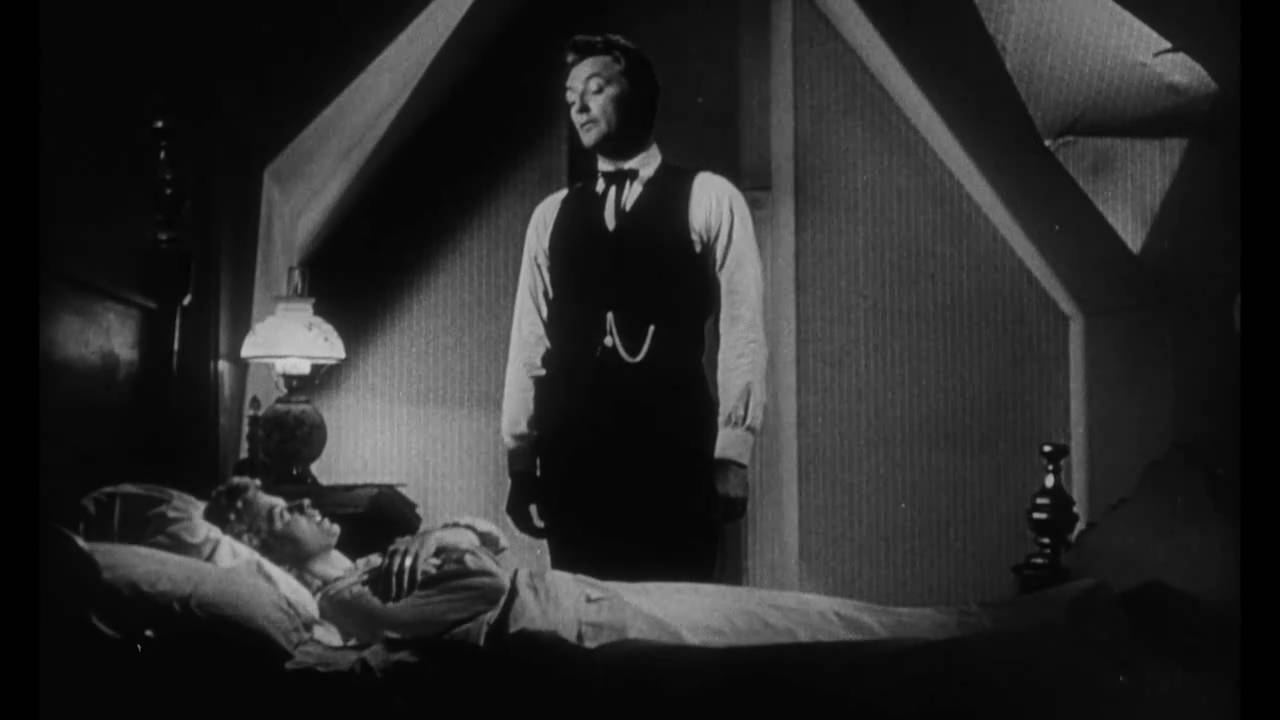
Following the story of a religious man who marries a widow whose husband robbed $10 thousand from a bank and, before being captured, told his children where he hid the cash, the debut – and only – film directed by acclaimed actor Charles Laughton is a 50’s classic.
With Robert Mitchum in the role of Harry Powell, the fanatic religious man who is after this torn-apart family’s money, “The Night of the Hunter” is a great crime and drama film that also is one of the best debuts in history.
With moments of pure darkness with the somber behaviour of Powell and his iconic tattoos of “Love” and “Hate” in his hands, “The Night of the Hunter” is definitely a film worth watching and always deservedly considered among the greatest directorial achievements in a debut film.